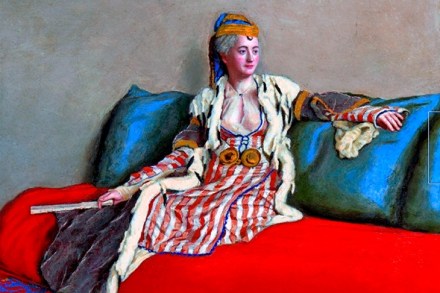The jab that saved countless lives 300 years ago
This timely book celebrates one of the most remarkable women of the 18th century. Lady Mary Wortley Montagu was so impressed by the Turkish technique of ‘engraftment’ to prevent smallpox that in 1721, exactly 300 years ago, she arranged for the first such inoculation in England — and, even more controversially, had it carried out




















